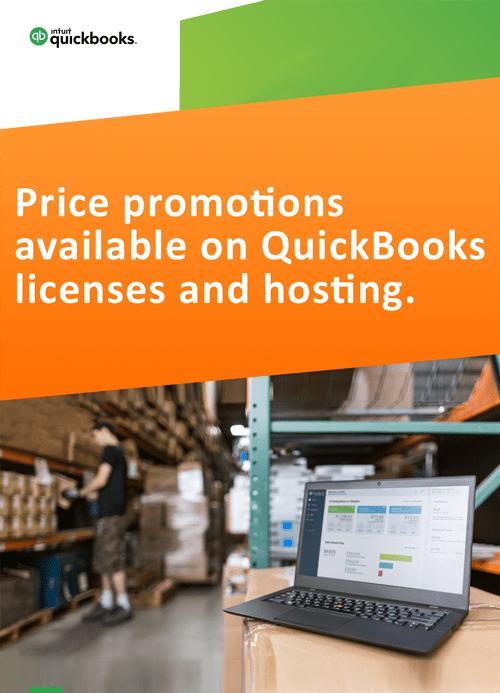How to Map IDs Between QuickBooks Online and QuickBooks Desktop?
Intuit encourages users to migrate from the on-premises QuickBooks Desktop solution to QuickBooks Online. It even provides the option to export to QuickBooks Online in QuickBooks Desktop.
However, the process is not as simple as clicking a button to export the data from the on-premises solution to QuickBooks Online. The built-in migration tool is designed to make the migration seamless without affecting the data stored within the on-premises system while moving contents to QuickBooks Online. However, you will have to know how to map IDs between QuickBooks Online and QuickBooks Desktop under certain circumstances.
How Does Mapping IDs Between QuickBooks Desktop and QuickBooks Online Work?
When you are migrating from QuickBooks Desktop to QuickBooks Online, new identities are generated on the latter solution for different entities such as invoices and transactions. These identifiers are different from the ones used in QuickBooks Desktop. If you are using the QuickBooks migration tool, the process of mapping IDs is automated. However, the process of mapping IDs has to be performed when new QuickBooks Online entity IDs are required for using third-party applications.
ID mapping between the entities on QuickBooks Online and QuickBooks Desktop is done using the QbdtEntityIdMapping API tool. This tool is used to access a reference table provided by Intuit for mapping the unique attributes of various database attributes while migrating to QuickBooks Online. Developers can use these IDs to query information based on a specific entity or a generic entity type.
Which QuickBooks Online IDs Can Map with QuickBooks Desktop?
When you are migrating from QuickBooks Desktop to QuickBooks Online, most of the financial records in the QuickBooks Desktop company file are migrated automatically. However, some of the features available in QuickBooks Desktop are not available as-is on QuickBooks Online. These require custom configuration that relies on ID mapping or the use of third-party tools.
- Unlike QuickBooks Desktop, there is no built-in capability for job costing in QuickBooks Online unless you are using Payroll. You might have to use the IDs for Jobs, Item Lists, and other attributes for querying this function.
- If you track inventory assemblies in QuickBooks Desktop and need to do so after migrating to QuickBooks Online, you will either have to view them as line items or map their IDs in QuickBooks Desktop for a customized solution.
- If you need specific units of measures after migrating to QuickBooks Online, you will have to use the unit of measure (UOM) feature’s ID with the QuickBooks Desktop SDK (Software Developer Kit) or use a third-party inventory management application.
While you can find substitutes and workarounds for most features available with QuickBooks Desktop using third-party integrations, you can build your own solutions by mapping IDs for entities in QuickBooks Desktop for accessing them on QuickBooks Online.
Is Mapping Map IDs Between QuickBooks Online and QuickBooks Desktop Always Useful?
Mapping entity IDs from QuickBooks Desktop with those on QuickBooks Online is only useful if the migration from QuickBooks Desktop to QuickBooks Online makes sense. If your company uses multicurrency or has a large database, the migration itself is not supported.
Additionally, there are several features on QuickBooks Desktop that still don’t have workarounds. The IDs of these attributes cannot be mapped with a corresponding feature in QuickBooks Online.
Apps4Rent Can Help with QuickBooks Desktop
Mapping IDs between QuickBooks Desktop and QuickBooks Online is almost always the last option to build custom-made solutions that work with QuickBooks Online. While the built-in migration tool automatically populates corresponding attributes in QuickBooks Online, other features can be mimicked with third-party application integrations. However, it is recommended to avoid a QuickBooks Desktop to QuickBooks Online migration if you are unsure of the outcome.
Instead, you can host your copy of QuickBooks Desktop with an Intuit Authorized Hosting Provider like Apps4Rent. With 24/7 phone, chat, and email support, Apps4Rent engineers can help you take advantage of all the features available on QuickBooks Desktop along with the flexibility you can expect from the cloud-based QuickBooks Online. Contact us today to know more about our QuickBooks hosting plans.


